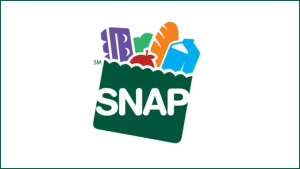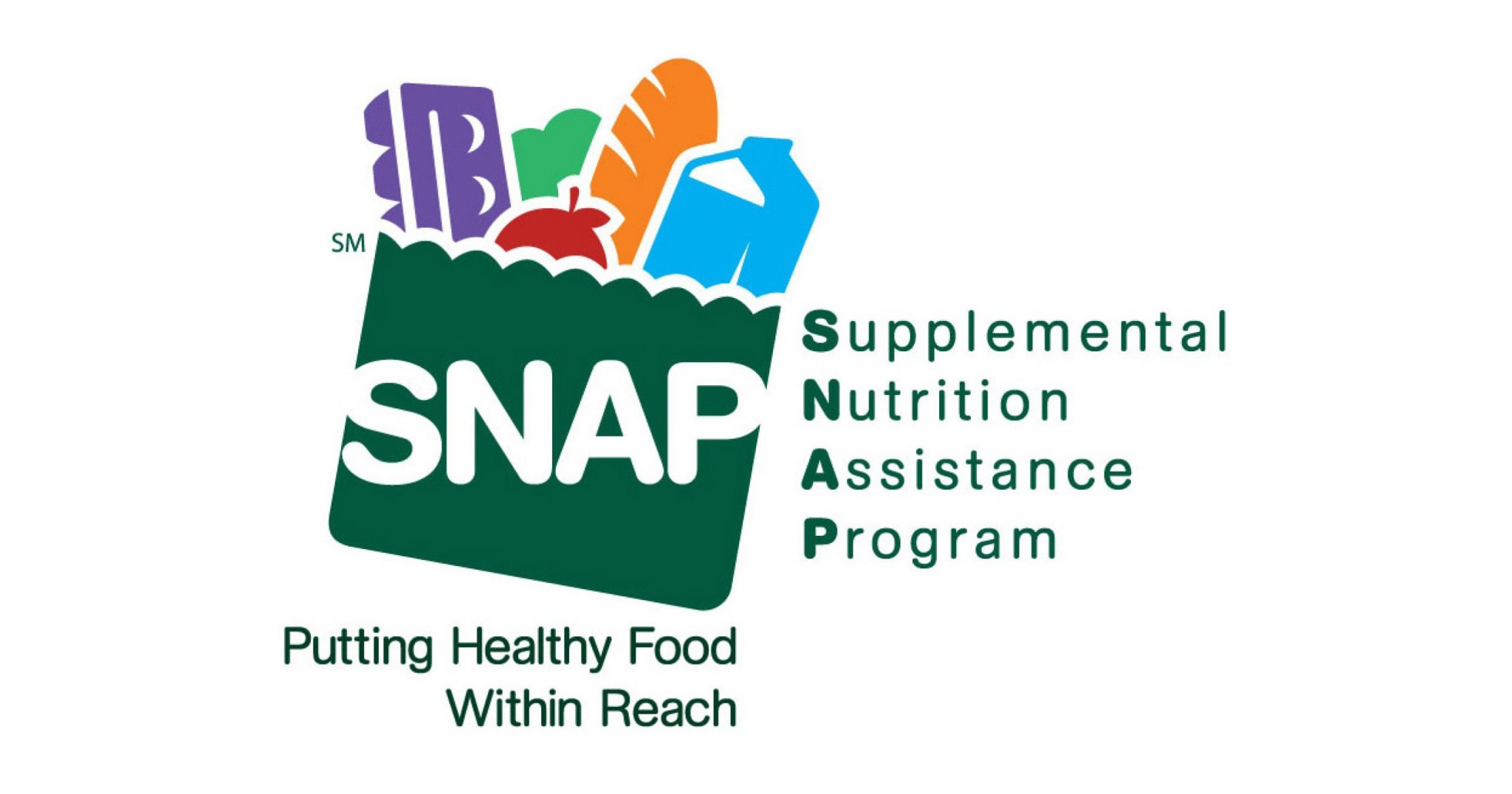It has been six months since 29 million recipients of the federal food assistance programs have stopped receiving emergency allotments added to their regular benefit amounts during the pandemic.

(Photo: idahofoodbank.org)
SNAP or the federal food assistance programs currently provides food benefits to 41 million low income Americans. As the September 20 passage deadline for the farm bill is approaching, the House Committee on Agriculture in Washington struggles to find consensus over how much federal food assistance programs money should be made available to recipients.
Since then, the threat costs of housing, gasoline, and food stuff have been continued to intensify, putting additional pressure on the recipients of the benefits of the federal food assistance programs at the bottom of America’s social structure. In Ulster County, almost 10% of the population depends on the federal food assistance programs to fend off food insecurity. A similar percentage is recorded among Greene, Delaware, and Sullivan Counties.
22 local political and advocacy groups, alarmed about the possibility of cuts and additional work requirements, have drafted and sent a letter to Republican committee Marc Molinaro. The letter reads that Molinaro has not been seen to take action to protect federal food assistance programs from potential cuts and that Molinaro must know and fully realize the toll on the families who rely on the federal food assistance programs to put food on their table.
READ ALSO: Are You Afraid To Touch Your Individual Retirement Account? Here Is What You Need To Do.
The federal food assistance programs extra support during the era of the pandemic, averaging $95 a month, has ended last March 1.
Food insecurity is the enemy. Ulster County executive Jen Metzger said that it is inhumane to cut federal food assistance programs. Metzger finds how society treats impoverished people as dehumanizing. Metzger said that they need to focus on reducing the barriers that people face 8in trying to access better job opportunities, education opportunities, and mental health supports.
During the last decades of the last century, food stamps have carried a stigma. In the society, an individual who has no capital meets the definition of failure. Rather than face up to all the implications of this status many impoverished Americas would rather see themselves as temporary embarrassed millionaires. In the last decade, engaging in denial has become more difficult as the choice to reach out for help has taken away the pride. It is an intelligent decision to take the help offered.
READ ALSO: Optimizing Social Security Benefits For The Average Social Security Beneficiary: Why Age 62 May Not Be The Best Option









